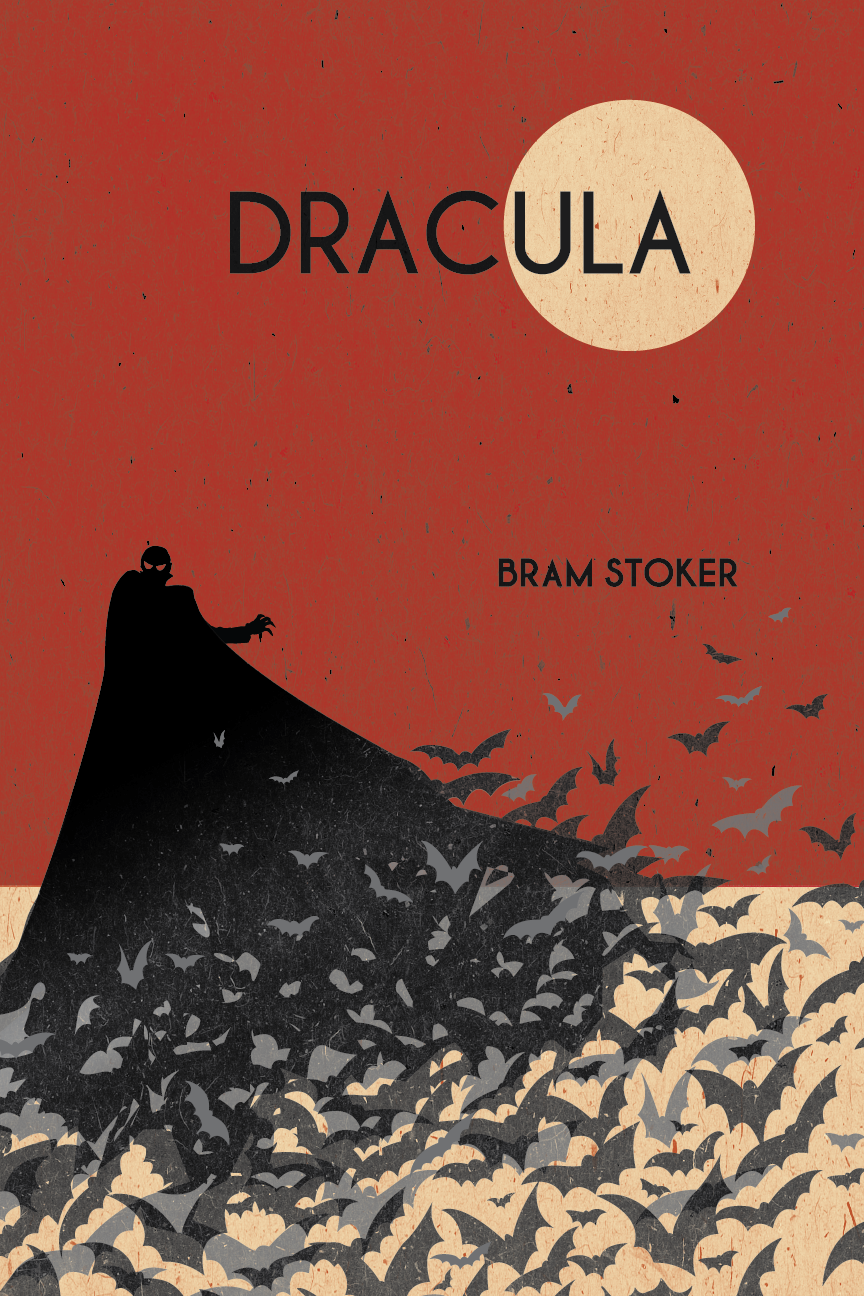Book #61
Dracula by Bram Stoker
A popular bestseller in Victorian England, Stoker's hypnotic tale of the bloodthirsty Count Dracula, whose nocturnal atrocities are symbolic of an evil ages old yet forever new, endures as the quintessential story of suspense and horror. The unbridled lusts and desires, the diabolical cravings that Stoker dramatized with such mythical force, render Dracula resonant and unsettling a century later.
Holy goth horror vampire nightmare; I can’t believe I haven’t read this before now.
Stoker’s Dracula is the king of vampire fiction, setting the benchmark for any vampire to be dreamed into being since 1897. And it’s difficult to name a vampire which such a repertoire as our beloved Count. His story is timeless. And it’s so bloody gothic. A terrifying castle nestled at the top of a steep drop featuring pungent smells of death, impossibly locked doors, and bumps in the night? Hold my goblet.
The epistolary format Stoker adopts here is perfect in telling the tale. The different viewpoints create an unreal amount of suspense, and sometimes a feeling of unreliability. Yet most importantly are the characters emotions throughout their own accounts of the macabre situation they find themselves in. Surprisingly, the men are incredibly more emotional than the women; it was refreshing to see them break down in tears, and humbling to witness them comfort each other. Their characters were well wrought, motivations were clear, and seeing their sinking realisations most of all were excellent. What’s more is, that with so many different accounts, the story takes on a more factual than fiction feel, which is chilling in itself.
Despite Dracula’s main appearances happening at the beginning of the novel, with the rest of the plot focusing on his ensuing damage and the subsequent hunt, Stoker manages to allow his gloom to remain peppered throughout the pages. Whether he uses setting, weather, or a zoophaghous madman, we feel the Count’s presence whether he is there in person or not. His supernatural aura is everywhere; we trust nothing; it’s gorgeous.
What’s interesting to note here is Dracula’s existences threatens the stiff morals of Victorian London, and more importantly, its women. Early in the novel, we see how his power has changed three women from (presumably) delicate little flowers into seductive blood-sucking leeches. The word voluptuous is used many a time. An ongoing theme throughout the story is the band of men hunting Dracula, with their main goal being to save a woman whom Stoker paints as the Victorian ideal – dutiful and beautiful. A woman changed into a vampire is essentially a woman becoming sexualised; they are fighting to save what they believe is proper.
This is a vampire novel. This has taken everything vampire lore has been originally pulled from, and has shaped everything it has come to be. Stoker gives us the garlic, the bats, and the blood, and drives a stake through our hearts with the whole thing. Absolutely incredible.

